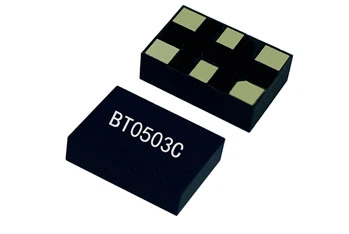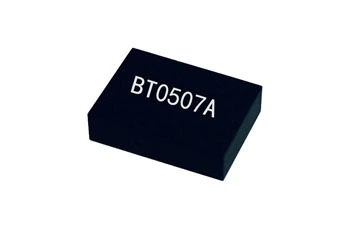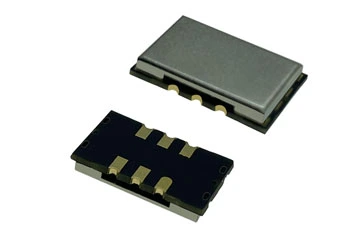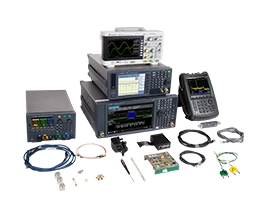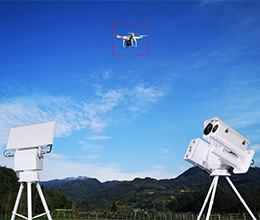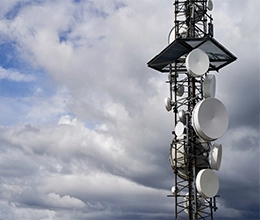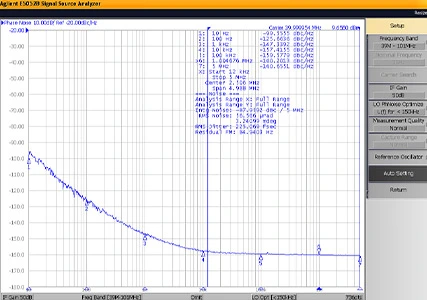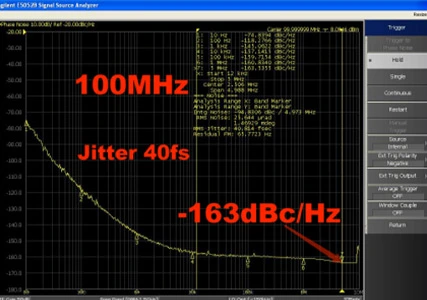A crystal oscillator is an electronic oscillator circuit that uses the mechanical resonance of a vibrating crystal, typically quartz, to create an electrical signal with a precise frequency. This frequency is used to keep track of time and ensure synchronization in various electronic devices. The stability and accuracy of the crystal oscillator make it an essential component in systems where precise timing is critical.
One of the primary reasons crystal oscillators are vital in navigation and positioning systems is their ability to provide precise timekeeping. GPS and other satellite-based navigation systems rely on the accurate measurement of time to determine the exact position of a receiver on Earth. The satellites in these systems continuously broadcast signals that include the precise time the message was sent. The receiver then calculates the time it took for the signal to travel from the satellite to the receiver. By knowing the speed of the signal (the speed of light) and the time it took to travel, the receiver can calculate the distance to the satellite. With signals from multiple satellites, the receiver can triangulate its exact position.
In addition to precision timekeeping, crystal oscillators play a crucial role in synchronization. For a navigation system to function correctly, all components must be perfectly synchronized. Any discrepancy in timing can lead to errors in position calculation. Crystal oscillators ensure that all parts of the system, from the satellites to the receivers, operate in perfect harmony. This synchronization is essential for maintaining the accuracy and reliability of the navigation system.

 English
English français
français Deutsch
Deutsch Español
Español русский
русский



